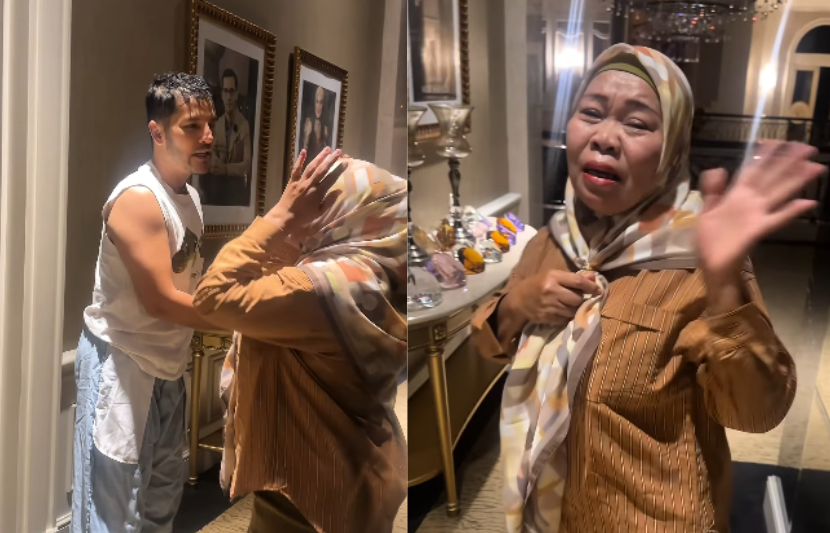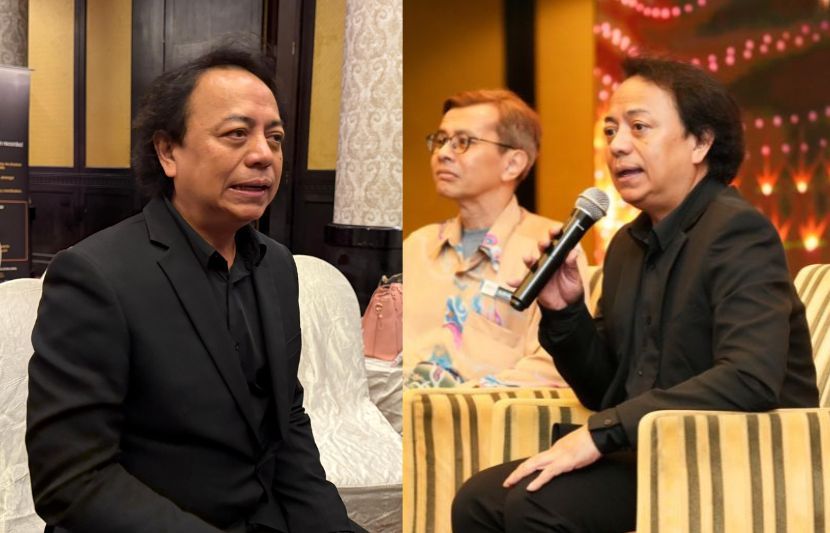LASTweek, I wrote about voting by proxy at a meeting. Meetings provide the mechanism by which an organisation is administered and managed, be it a business entity, a voluntary organisation or even the government itself.
Voluntary organisations are, in most cases, registered as societies under the Societies Act 1966. Under the Act, a society includes any club, company, partnership or association of seven persons, whatever the nature or object, whether temporarily or permanently.
In order to be registered, a society must have a Constitution or Rules and make provision for the matters set out in Schedule 2 of the Act. One of these is the need to make provision for the composition and method of appointment of a committee or governing body and the designation, powers and functions of the office-bearers of the society.
Some organisations may refer to such a committee or governing body as a council or board, among other names. Whatever its name, it is elected to lead and manage the organisation for a specified period.
Actions of committee
Whilst members are generally obliged to accept the decision of the committee, the latter does not have unlimited powers. It only has the power to deal with matters that the constitution allows or to act within the mandate granted by the general body.
Its decisions, however, could be tainted by a failure to comply with procedural requirements. It may, for example, fail to give notice to all its members for a meeting. It may allow persons not entitled to attend to participate in the meeting. Or persons attending may vote pursuant to a proxy when there is no provision allowing this.
If a committee acts in contravention of the constitutional provisions, what can a dissatisfied member do to put things right? If the matter is reported to the Registrar of Societies, will the organisation be deregistered?
It ought to be noted that a society is primarily an association of people who have come together and have an agreement to govern their relationship. This agreement is the constitution or the rules of the society which they themselves have formulated or assented to.
The constitution contains the basis on which rights are created for the members and the obligations they have chosen to undertake vis-a-vis the society. At the same time, the constitution is also the basis which defines the relationship among the members.
Indoor management
Action by members of the committee can be classified under two categories. One is where the action is in breach of the law, whether specific or general. In such a case, a report to the Registrar of Societies or even the police may result in appropriate action being taken.
However, where wrongdoing is in terms of disregarding the procedural requirements, it is a mere contractual breach.
However, this does not mean that the committee may do so with impunity. There can be consequences, depending on the nature of the breach.
When this happens, it falls on the members to demand that the stipulated procedures be followed and the constitution honoured. Whilst going to the courts is an option, it is a basic rule that any aggrieved member must first exhaust all available internal remedies.
This would involve calling for a general meeting. At such a general meeting, the decisions which are tainted could be overruled or the committee itself censured. However, this may not in all cases be possible or attain the desired results. Complaining or reporting the matter to the Registrar of Societies would not be entirely inappropriate.
Resort to authorities
It is unlikely that the relevant authority will deregister a society merely because some part of the constitution has not been followed. This usually occurs where there is something more serious.
Thus where a society is being used for purposes prejudicial to or incompatible with the interest of the security of the country or public order or morality, the minister entrusted with responsibility for such matters may declare the society unlawful. This will result in an immediate cancellation of the registration.
Even otherwise, the Registrar of Societies does have power to act where there has been a contravention of the constitution. Where such contravention is brought to the attention of the Registrar, it is open to the Registrar to suspend all or any of the activities of the society.
However, such power would only be exercised if the Registrar considers it necessary to do so in the interest of the society. Such an order would last until it is revoked or the registration cancelled. No doubt prior explanations will be sought from both sides before any such decision is made.
It is possible that the Registrar may for different reasons choose not to intervene. In such a case, it would appear that the only option available to an aggrieved member would be to resort to the courts to seek a declaration with regard to the validity of the meeting or decisions made at such meetings.
A resort to the courts, though involving costs in terms of time and money, is still possible in the case of ordinary societies. Of course, the position is different where a political society is concerned; where the law has provided such societies to be their own final arbiter and resort to the court is excluded.
At the end of the day, what eventually transpires depends on the wisdom of the members of a society as a whole. Their objective and active participation can put a society on the right path. On the other hand, disinterest or vested interests can stand in the way of its ideals being effectively pursued.



































